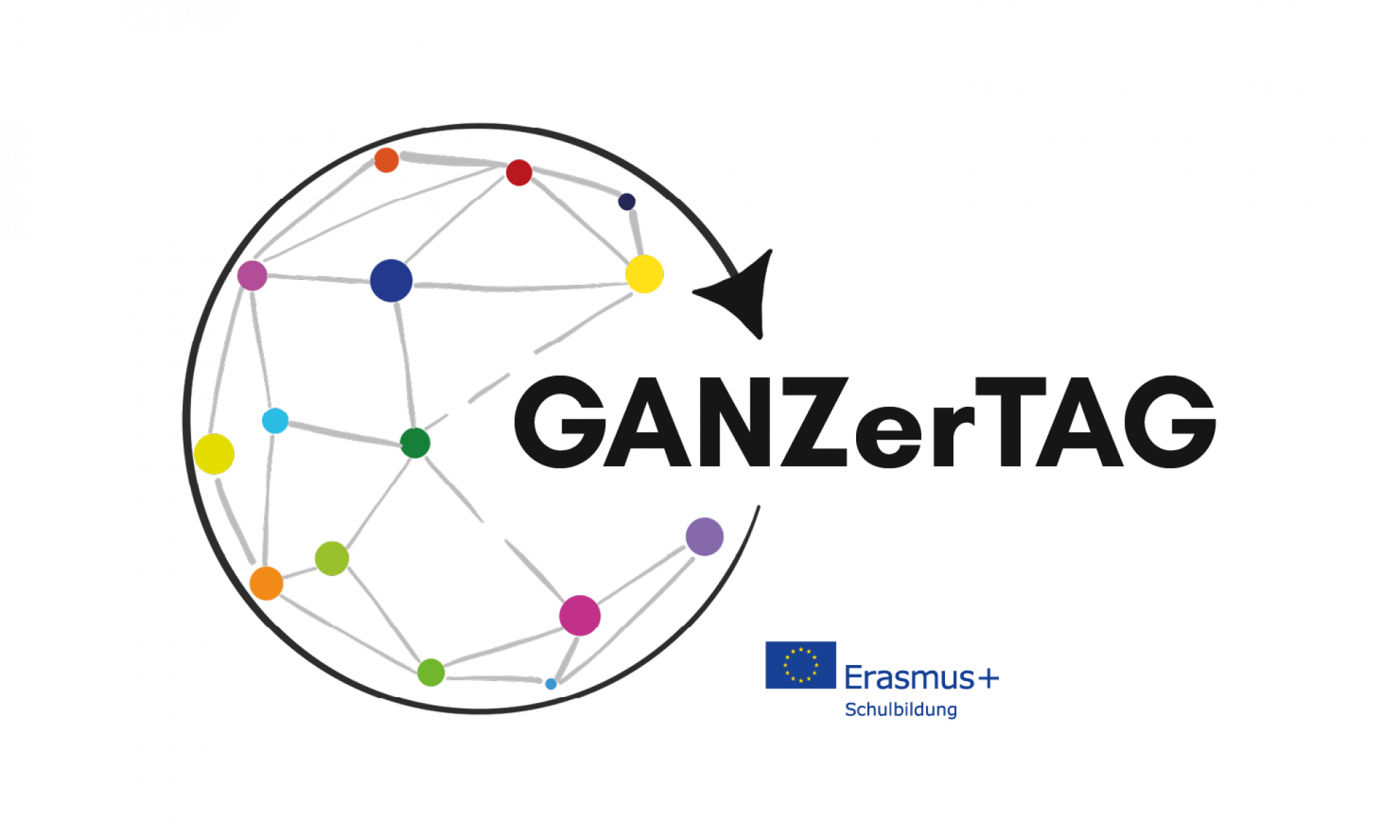- Complex demands can be solved with lesser resources in comparison to the ‘doing it alone’ approach.
- Cooperation leads to an increase in quality through the pooling of potential coming from various experts.
- Cooperation in education is a goal in itself and must be understood in a pedagogical context. Educational institutions should become good examples through their own cooperative approach in order to initiate developmental processes in children und young people, and in the institution itself, and as a result to maximise their problem-solving and performance capabilities.
Taken from: Huber, Stephan Gerhard; Hader-Popp Sigrid; Ahlgrimm, Frederik: Kooperation in der Schule; aus: http://www.bildungsmanagement.net/pdf/PubsHuber/2_4/HuberHaderPoppAhlgrimm-2009-KooperationinderSchule.pdf.
The importance of cooperation was impressively documented through differing practical examples in the GANZerTAG project. It became clear that cooperation can influenced positively or negatively by differing factors.
In joint discussions the following factors for success have been put forward.
- Respectful communication
- Equally-balanced cooperation and trust in the partner
- Complementary distribution of partner skills
- Creativity
- Teamwork
- Involvement of everyone in decision-making
- Honesty
- Commitment
- Joint vision
- Provision of the necessary temporal and financial resources.
